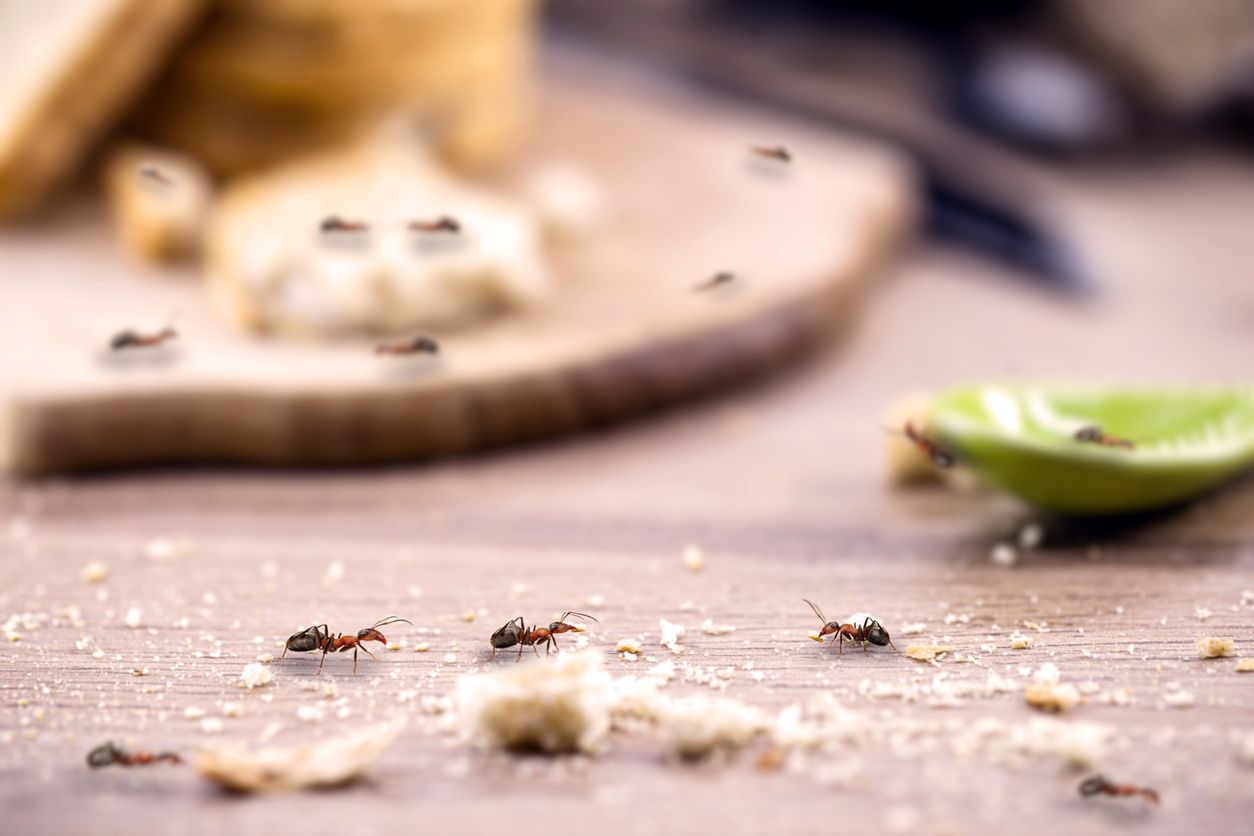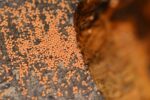
The Benefits and Drawbacks of Beneficial Ants
The Benefits and Drawbacks of Beneficial Ants
Ants play complex roles in nature. While some ant species offer real benefits to the environment, others are far more problematic, especially for Florida homeowners. Understanding the role of ants in the ecosystem, how to distinguish beneficial ants from pest species, and knowing when to intervene can help protect both your landscape and your home.
The Role of Ants in the Ecosystem
In general, ants contribute to a healthy ecosystem in several ways:
- Soil aeration: As ants tunnel through the ground, they help loosen compacted soil, improving water absorption and root development.
- Nutrient cycling: Ants scavenge dead insects and organic debris, breaking it down and returning valuable nutrients to the soil.
- Seed dispersal: Some ant species unintentionally aid in seed distribution, encouraging natural plant growth.
- Natural pest control: Certain common helpful ant species, like pyramid ants, prey on invasive pests such as fire ants, which are known for painful stings and health risks to children, pets, and even adults.
But while ants have their place in nature, that doesn’t mean they should have a place in your yard—or worse, your home.
When Ants Become a Problem for Homeowners
Despite their ecological benefits, ants can quickly become destructive pests. In fact, the line between harmful vs beneficial ants often comes down to where they’re nesting and how they’re behaving.
Take pyramid ants, for example. While they help suppress fire ant populations, their large sandy mounds can be unsightly in Florida landscaping. Harvester ants may support soil health but can also damage turf. Carpenter ants, while valuable for decomposing dead wood in forested areas, are a serious threat when they move into your attic, fencing, or wooden structures.
Then there are true pests like bigheaded ants, which undermine pavers, patios, and walkways with their extensive tunneling. Even worse, crazy ants (like the tawny or Caribbean species) are known to invade electrical panels, causing shorts, damage, and expensive repairs.
When ants start invading your yard, damaging your landscape, or approaching the foundation of your home, their benefits no longer outweigh their drawbacks.
Identifying Harmful vs Beneficial Ant Species
Correct ant species identification is critical. What may seem like a harmless mound might be harboring a species that stings, bites, or invades your home. That’s why it’s essential to consult with professionals who understand good vs bad ants and know how to distinguish ants to watch out for in your yard from those that are just part of a healthy ecosystem.
Know When to Intervene and When to Let Ants Be
So, are ants helpful or harmful? The answer depends on location, species, and the risk they pose to your home and yard.
If the ants are isolated, far from your structure, and not stinging, biting, or causing visible damage, there may be no need for action. But if ants are nesting near your foundation, damaging your lawn or ornamentals, or entering your home, it’s time to act.
This is where professional pest control makes all the difference. Targeted treatments allow beneficial ants in distant natural areas to remain undisturbed, while invasive or destructive species are safely eliminated. Specialized products and techniques ensure that only the ant species causing problems are controlled—protecting both your property and the surrounding environment.
Call Hulett: Florida’s Local Ant Experts
At Hulett, we don’t just exterminate—we identify. Our expert technicians will inspect your property, determine whether the ants are helpful or harmful, and build a custom treatment plan to protect your home and lawn without disrupting nature’s balance. We even offer free, no-obligation inspections, so you can get the facts before you decide.
Let us help you draw the line between beneficial ants and destructive ones— so JUST CALL HULETT so you can enjoy a healthy yard and a pest-free home.





